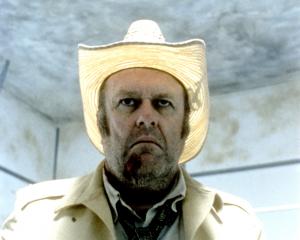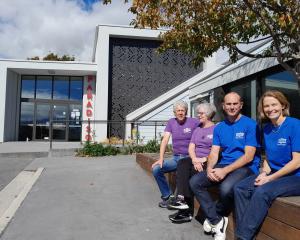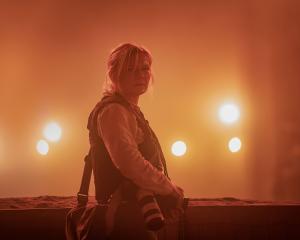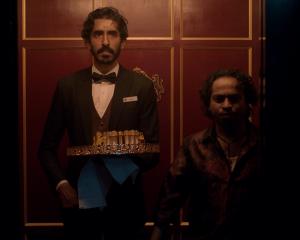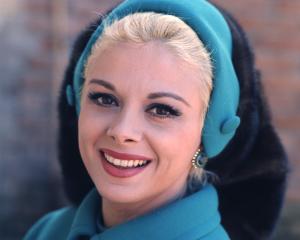
MEAT
Director: David White
Rating: (M)
Four stars (out of five)
And in so doing, urban dwellers have less appreciation of the difficult process involved in producing the meat that fulfils protein needs for many of us. Recent increased urbanisation in this country has caused a cultural change. City and country no longer intermingle as they once did.
Statistics back this up. In 1991, more than 9% of the New Zealand workforce was employed in the agricultural sector. In 2013 the proportion was just over 5%.
It is this backdrop that makes the documentary film Meat, which has just opened for general release, culturally relevant. Director David White aimed to present the reality of meat production as seen through the eyes of three farmers; sheep and beef, pig and chicken, and a hunter. The film succeeds.
It re-informs New Zealanders about the complicated process involved in bringing meat to our plates and it personalises the people who make that happen.
Each farming subject takes real pride in what they do and they work hard. Sheep and beef farmer Jill tells us she and her husband each worked two jobs, she as a policewoman and he as a truck driver, in order to pay the mortgage on the farm. Surveying his pig farm, Ian tells us with pride that "this is mine. I have built this. I earned this."
There are also other educational moments.
Pig insemination isn’t something I know much about but the process appears more than merely clinical. Ian sits atop a sow at one point saying that the boar had certain rhythms that he tried to imitate. He is impressively gentle with her.
Affable barn chicken farmer Tony tells us he wants to be remembered as a "nice guy".
His employee, Reinder (job title: ‘‘chicken killer’’), isn’t all that comfortable with his line of work. He doesn’t sleep well at night. But he has an interesting take on things. He will continue in the job until he becomes so desensitised that each death no longer affects him. Reinder’s job doesn’t appeal to me but somebody has to do it.
The fourth voice in the film is that of hunter Josh. We see him stalking prey then harvesting the meat of a chamois after a successful hunt. Josh worries about modern generations losing their connection with the natural instinct of hunter-gathering. I’m not so concerned.
The economic developments that mean fewer of us have to slog to produce meat are positive. It’s a good thing those ill suited to the physical labour of farming can put their talents to other uses. It’s also a welcome development that, unlike our forebears, we live in a world of such abundance that we no longer need to hunt for food. Those changes are long-term to be sure, but demonstrate how far humanity has come.
Josh is a self-sufficient rugged type. Some of us aren’t suited to that sort of thing.
The film is not all that long and I think could have provided more intellectual meat by including additional detail on the overall production side in New Zealand. But I quibble, because the film succeeds in meeting Mr White’s story-telling purpose.
- Joshua Riddiford


